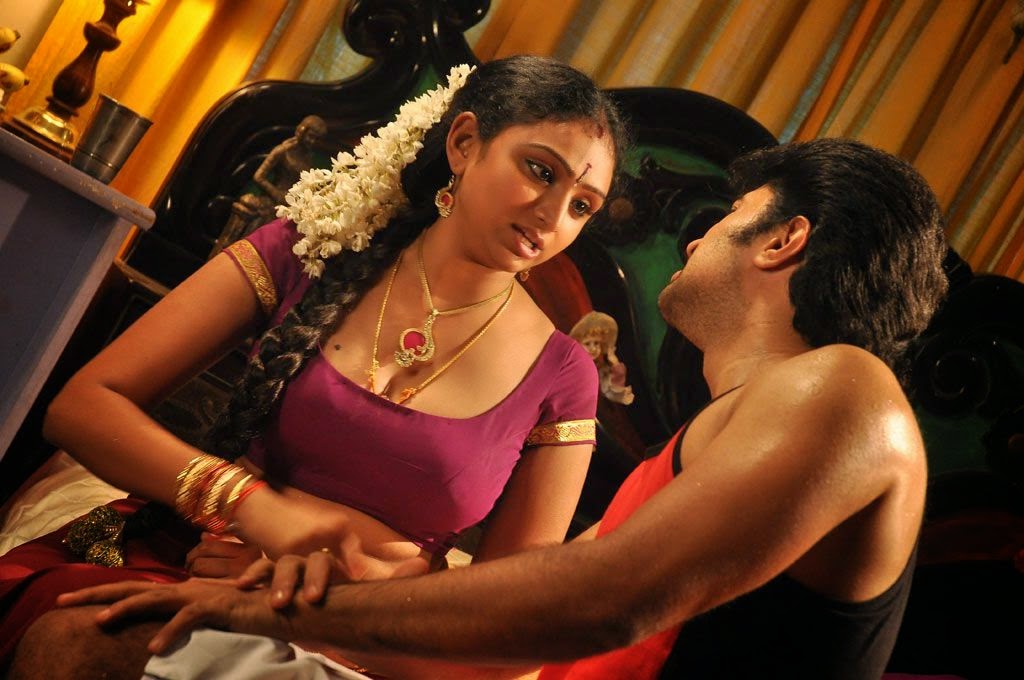Exploring The Intricacies Of Tamil Sex And Relationships
Understanding the cultural nuances surrounding Tamil sex is essential to grasp the broader context of relationships in Tamil Nadu and among Tamil communities worldwide. From ancient texts to contemporary discussions, the topic of sex and intimacy has evolved, reflecting societal changes and the influence of modernity. This article delves into various aspects of Tamil sex, addressing misconceptions, exploring cultural practices, and examining the significance of sexual health education within the Tamil community.
In Tamil culture, conversations surrounding sex have often been shrouded in taboo, leading to a lack of open dialogue about sexual health and relationships. However, with changing perceptions and greater awareness, it is crucial to foster a healthy discourse about these subjects. This article aims to educate, inform, and encourage a more open understanding of Tamil sex and its related aspects, emphasizing the importance of sexual wellbeing, consent, and mutual respect in relationships.
Furthermore, we will explore how traditional beliefs coexist with modern attitudes towards relationships and sexuality, showcasing the dynamic nature of Tamil culture. By addressing essential questions and providing valuable insights, we hope to contribute to a more informed and healthier conversation about Tamil sex.
What Are the Historical Perspectives on Tamil Sex?
The history of Tamil sex can be traced back to ancient literature and texts, where sexuality was often celebrated as a natural aspect of life. Works like the "Kama Sutra" and Tamil poetry from the Sangam period reflect a nuanced understanding of love, passion, and intimacy. These texts not only depict physical relationships but also delve into the emotional and spiritual connections between partners.
How Has Modernity Influenced Tamil Sexual Practices?
Modern influences, including globalization and the internet, have significantly impacted Tamil sexual practices. Younger generations are increasingly exposed to diverse perspectives on relationships and sexuality, leading to shifts in attitudes. For instance, premarital relationships, cohabitation, and discussions about sexual health are becoming more common among the youth.
What Role Does Education Play in Tamil Sex Awareness?
Education plays a pivotal role in shaping attitudes towards sex in Tamil culture. Comprehensive sexual education can empower individuals to make informed choices regarding their bodies and relationships. Schools, community programs, and online resources are essential for promoting awareness about consent, safe sex practices, and sexual health.
Who Are Key Figures Advocating for Sexual Health in Tamil Communities?
Several individuals and organizations are at the forefront of advocating for sexual health awareness in Tamil communities. These advocates work tirelessly to break down taboos and educate the public about safe sex, reproductive health, and the importance of consent. Their efforts contribute to a more informed society that values sexual wellbeing.
What Cultural Taboos Surround Tamil Sex?
Cultural taboos surrounding Tamil sex often stem from traditional beliefs and societal expectations. Discussions about premarital sex, LGBTQ+ relationships, and sexual pleasure can be met with resistance. Understanding these taboos is crucial for addressing the stigma and fostering a more inclusive dialogue about sexuality.
How Can Individuals Navigate Relationships in Tamil Culture?
Navigating relationships in Tamil culture requires a balance between tradition and modernity. Communication, mutual respect, and understanding are essential for building healthy relationships. Partner dynamics, family expectations, and cultural values play a significant role in shaping these relationships.
What Are the Key Takeaways About Tamil Sex?
- Understanding Tamil sex involves recognizing historical contexts and cultural nuances.
- Modern influences are reshaping attitudes towards relationships and sexuality.
- Education is vital for improving sexual health awareness in Tamil communities.
- Breaking down taboos is essential for fostering open discussions about sex.
- Navigating relationships requires communication and understanding of cultural values.
How Can We Foster Healthy Discussions About Tamil Sex?
Fostering healthy discussions about Tamil sex requires creating safe spaces for dialogue. Encouraging open conversations within families, schools, and communities can help dispel myths and promote understanding. Utilizing social media platforms and community outreach programs can also amplify voices advocating for sexual health and education.
Article Recommendations
- 228922
- Eric Clapton Children
- Amy Lynn Bradley
- Sophie Rain Leak
- Nick Winton Jr
- Tom Felton Married
- Justina Valentine Boyfriend
- Camilla Araujo Nides
- Juliette Norton
- John Alvin Actor


.jpg)

